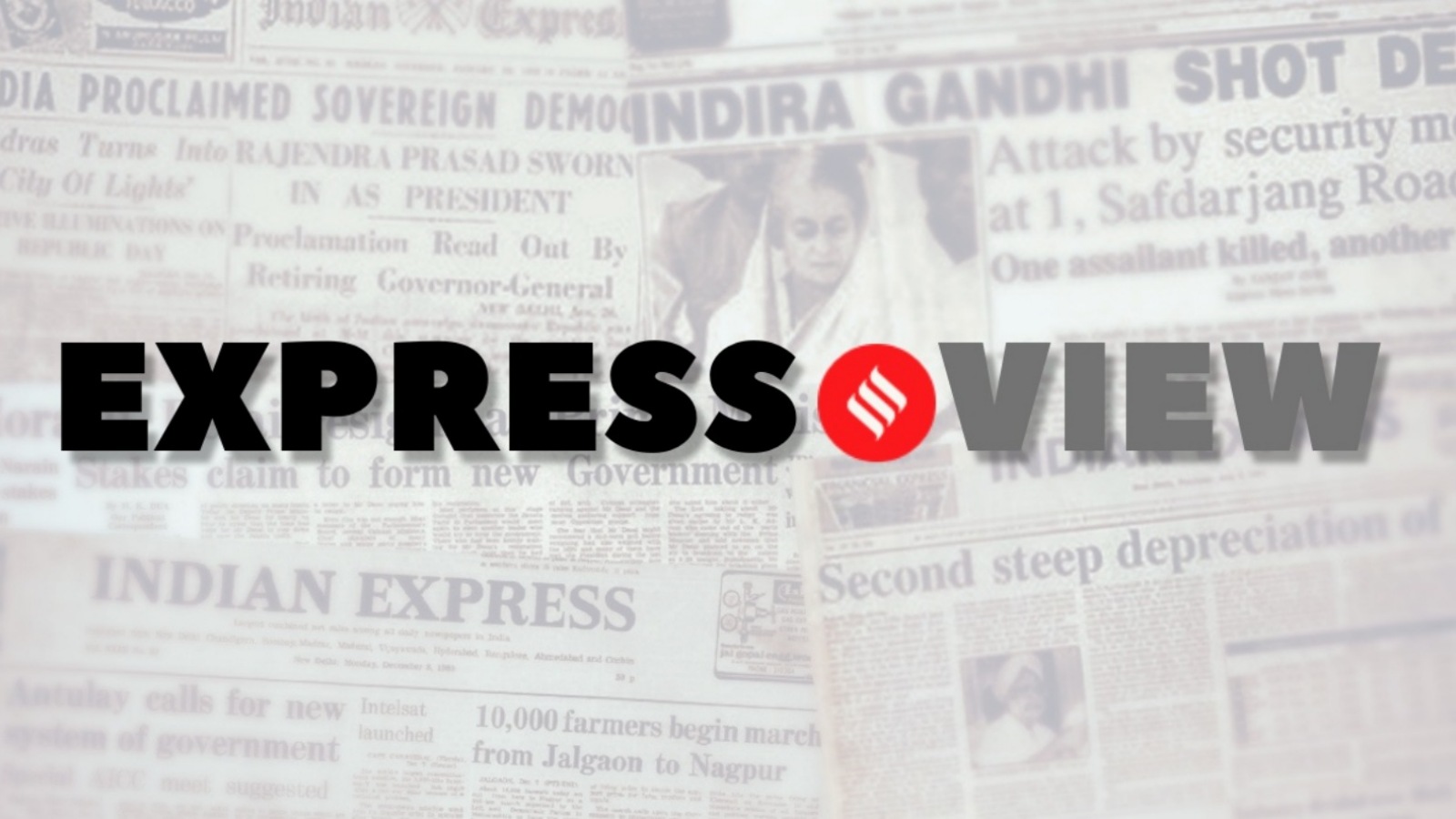External Affairs Minister S Jaishankar’s visit to Pakistan this week, the first in nearly a decade, has produced a small but unexpected step towards a long overdue thaw in bilateral relations. Small, because there will be obstacles to overcome before even a limited engagement is put in place in an accident-prone relationship.
Unexpected, because both sides had downplayed the prospect for a bilateral dialogue on the margins of a meeting of the Shanghai Cooperation Organisation in Islamabad. It was probably a deliberate attempt at reducing the high expectations that accompany any encounter between Indian and Pakistani leaders. There were signals that an effort was on to unfreeze the relationship.
In Delhi, Jaishankar had signalled that India was willing to respond positively to any productive changes in Pakistan’s approach. After all, it was Pakistan that withdrew its high commissioner from Delhi and expelled the Indian counterpart five years ago, when India changed the constitutional status of J&K. Islamabad had also cut off trade links with India. It had insisted that a reversal of the constitutional changes in Kashmir must precede any resumption of bilateral dialogue.
Before traveling to Islamabad, Jaishankar promised to be “civil and courteous”, and just before his arrival in Islamabad, the former Pakistan PM, Nawaz Sharif, had reaffirmed the desire for normal ties with India and did not mention Kashmir.
At the SCO summit, Jaishankar kept his word on being civil, and PM Shehbaz Sharif departed from his recent tendency to rake up Kashmir at every occasion. Jaishankar was also measured in his comments on the question of terrorism. While pointing to the essence of the SCO Charter — to combat terrorism, separatism and extremism — Jaishankar asked Pakistan to reflect honestly on how the encouragement to these forces has undermined peace between the two countries.
Jaishankar apparently had a “pull aside” conversation with PM Sharif and a lengthier conversation with the deputy PM and foreign minister of Pakistan, Ishaq Dar, at a formal SCO dinner.
Even these limited steps are likely to come under severe criticism in both countries. In Pakistan, the government will be accused of diluting the position on Kashmir’s constitutional status. In Delhi, there will be questions about Pakistan’s support for cross-border terrorism. The coming weeks will show if there is enough give and take on Kashmir and terror to insulate cooperation in other domains. While it is early days, Delhi and Islamabad deserve two cheers for trying to create diplomatic space for renewed engagement.



